"Next gen tools provide meaningful ways teachers and students can explore, question, reflect and share–leading to Deeper Learning and blended and personalized opportunities for students. Here are 25 ideas for using next gen tools this year in your classroom."
|
|
Scooped by Beth Dichter |
Why would we want to use next gen tools in our classroom? One reason is they provide a richer experience for our students, richer content, potentially richer discussions, and more as well as the fact that these tools are often multi-disciplinary and multi-sensory.
The 25 tools listed here address large parts of the curriculum as well as grade levels. Five are listed below. Click through to the post to learn more about them and twenty more.
* PBS for Educators has many resources available. This post highlights three specifically: Point of View (which is geared to older students); SCI Girls (think STEM); and Daily News Story (as you probably guessed we are talking current events).
* Big History Project goal is to develop a full curriculum for high school. At this point they have four key areas: the universe, or solar system and Earth, Life and Humans, with a total of seven "threshholds."
* Do you want your students to publish work online? Consider checking out EduBlog, KidBlog and Blogger?
Have fun exploring and teach your students (and yourself) some next gen tools!



 Your new post is loading...
Your new post is loading...


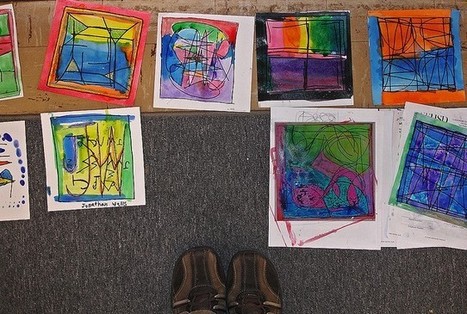



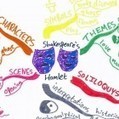

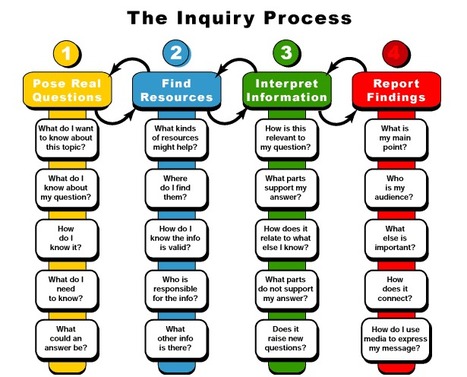



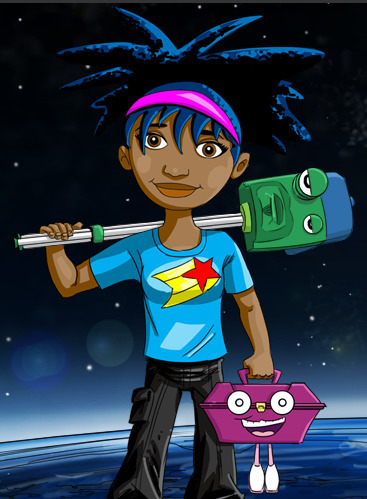



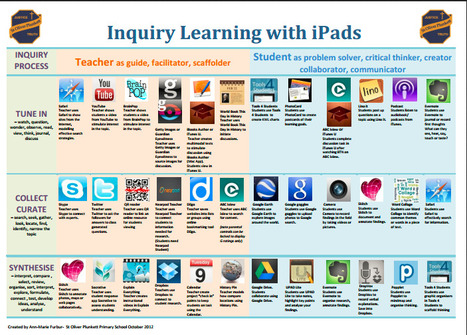





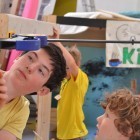






Some great tools to consider for your classroom.
A useful list of top quality resources.